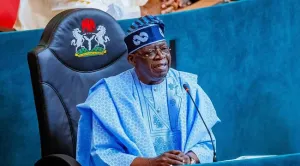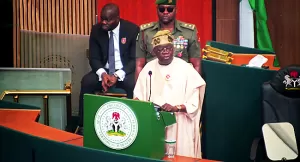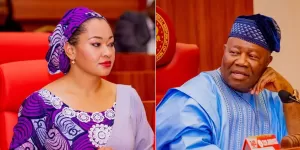Fuel Price Surge in Nigeria.
The latest information on the fuel price surge in Nigeria, as of early September 2024, indicates a significant escalation in fuel prices, with reports of prices reaching between N855 and N1,000 per liter at major filling stations in cities like Abuja, Lagos, Delta, and Enugu. Independent marketers have been noted to sell at even higher rates, ranging from N1,200 to N1,300 per liter in some states. This surge has been attributed to various factors including the removal of fuel subsidies by President Bola Tinubu, which was initially announced in May 2023, leading to a series of economic adjustments and price hikes.
The Nigerian National Petroleum Company Limited (NNPCL) has taken a drastic step by halting the supply of petrol to independent marketers, which could be seen as an attempt to control the distribution amidst the price volatility. This decision comes in the backdrop of widespread economic hardship, with citizens and organizations expressing concerns over the impact of these fuel price increases on the cost of living, particularly affecting the poor and vulnerable.
Public and economic reactions have been mixed, with some analysts suggesting that these hikes could transfer significant wealth from Nigerians to the government, potentially worsening energy poverty. There’s also mention of dialogue attempts by student bodies and calls for economic reform to address the root causes of inflation and fuel price volatility, including demands for transparency in fuel pricing mechanisms.
The situation has led to discussions around the sustainability of fuel importation, the role of local refineries like Dangote, and the broader implications for Nigeria’s economic policy, especially concerning subsidies, foreign exchange rates, and the overall economic diversification.
This scenario underscores a critical moment for Nigeria, where fuel pricing not only affects daily life but also reflects deeper economic policies and their societal impacts. The government’s approach to these challenges, including potential economic reforms, remains under scrutiny as the nation navigates through these turbulent economic waters.







